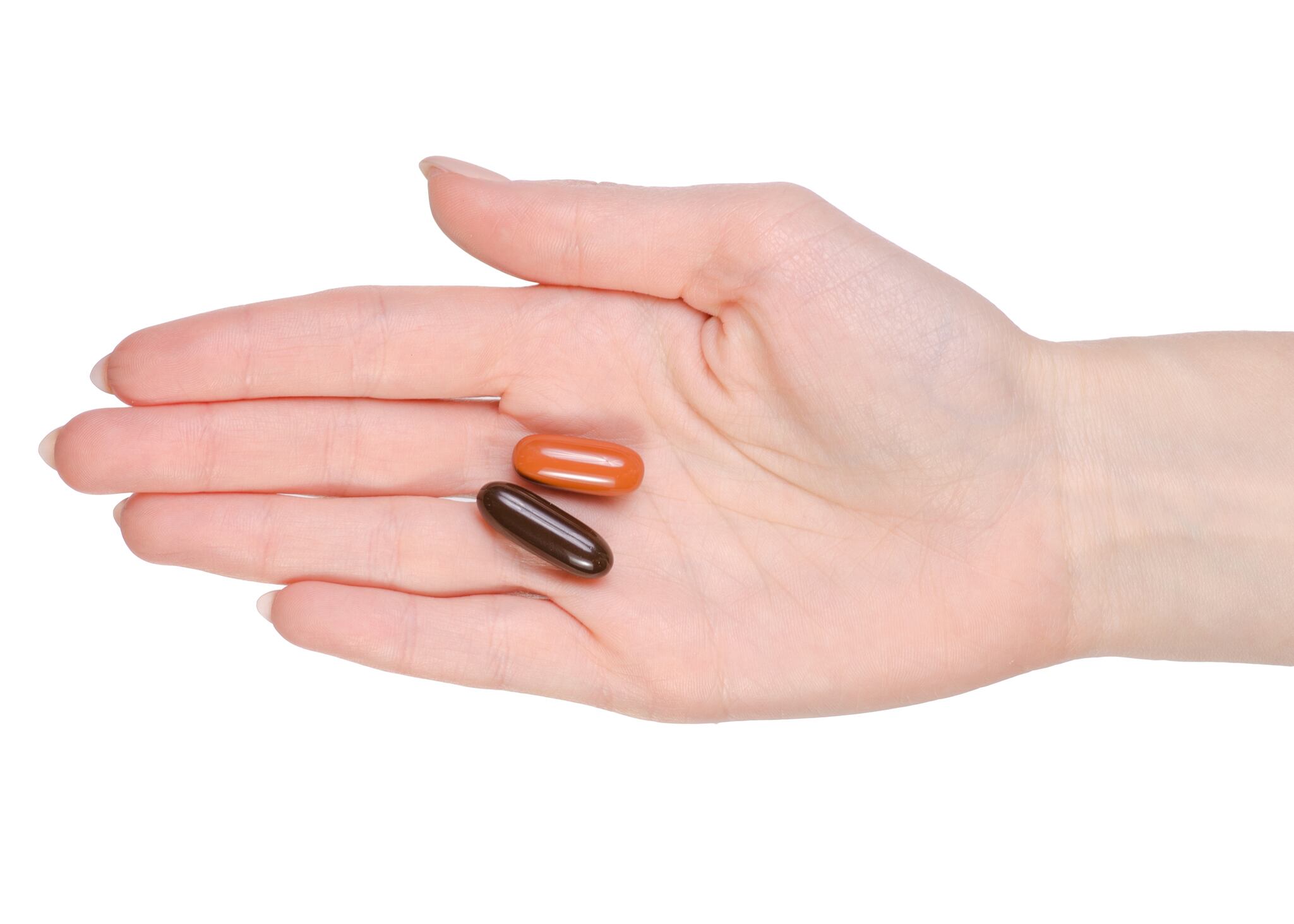First off, a null result is not a negative result, and secondly, clinicians need to stop dismissing all probiotics based on one null result.
Earlier this week we reported on data from two large-scale and well-conducted clinical trials (one in Canada and one in the US), which found that a short course (five days) of Lactobacillus rhamnosus GG or L. rhamnosus R0011 plus L. helveticus R0052 did not improve gastroenteritis symptoms in children. The data was published in The New England Journal of Medicine.
The authors of the Canadian study did acknowledge: “Our findings cannot be extrapolated to longer-term use of probiotics or other outcomes”. However, this was not included in any of the press releases or coverage that I’ve seen.
It certainly wasn’t considered in the press release that came out from Washington University in St Louis, which contained the following quote from US study co-author Phillip Tarr, MD, director of the university’s Pediatric Division of Gastroenterology, Hepatology and Nutrition: “The results of the U.S. and Canadian studies were not ambiguous. Probiotics had no effect on the children. Parents are better off saving their money and using it to buy more fresh fruits and vegetables for their children.”
First of all, that is a horrendously sweeping statement that fails to qualify that the studies looked at children given a short course of probiotics after they had arrived in Emergency Rooms with gastroenteritis.
The “supplements are a waste of money” line is often used by many in the mainstream medical community. But you would have thought the response would be a little less gleeful because, while probiotics did not work in this instance, it’s important to remember that NOTHING does. As the press release did at least concede: “There are no treatments for pediatric acute gastroenteritis other than giving children fluids to prevent dehydration and, sometimes, medication to relieve nausea.”
What we have here is the opportunism of a null study finding being used to throw a whole category under the bus. Now that kind of bias turns my stomach.
Probiotics are not drugs!!
A little over a month ago, I attended the Harvard Probiotics Symposium and I was struck by how dismissive many MDs and MD, PhDs were of probiotics. Before they would confidently recommend probiotics to their (sick) patients in a clinical setting, these MDs and MD, PhDs demand a level of evidence that has not yet been attained for many strains. I respect their demands for rigor and do not doubt that they care deeply for their patients, but because the data may be lacking for their very specific clinical application does not give them the right to dismiss all probiotics for absolutely every conceivable end-point.
I don’t know if they are deliberately failing to recognize that 1) they are thinking about these live microorganisms as therapeutics and ‘drugs’, and 2) dietary supplements are intended for generally healthy people where the effects may be more subtle and longer term.
There is very strong evidence out there that should open their minds to the potential, particularly for generally healthy people. There is a Cochrane review that SUPPORTS the use of probiotics to reduce the risk of AAD (antibiotic-associated diarrhea). There is also a Cochrane review that SUPPORTS the benefits of probiotics for Clostridium difficile-associated diarrhea.
Educational efforts
It is heartening to know that organizations such as the International Probiotics Association and the International Scientific Association for Probiotics and Prebiotics are working hard to educate consumers.
For example, ISAPP launched a series of educational videos for consumers last year, while IPA’s executive director told us recently that the organization has formed a response team to quickly – within 24 hours – respond to any negative media or studies, while a second team will proactively focus on sending press releases, educational material, infographics on the benefits of probiotics.
I applaud all of these efforts, and I trust they are also focusing on two key parts of the audience: Clinicians and journalists. On the latter, I wrote a comment about three months ago challenging coverage from the BBC about two studies from Israel, and I don’t want to repeat myself. But something needs to be done.
There are many impressive benefits associated with probiotics, and the science is deepening with every passing week. Indeed, we’re doing our part, however small that is, by hosting a free webinar on December 11 with a panel of experts that will explore the state of the science for probiotics beyond digestive health. For more information on that, please click HERE.

Stephen Daniells is the Editor-in-Chief, North and South America of William Reed Business Media, which includes the market-leading publications NutraIngredients-USA and FoodNavigator-USA. Stephen obtained a PhD in chemistry from the Queen’s University of Belfast, Northern Ireland, and held post-doctoral research positions in The Netherlands and France before taking the leap into journalism in 2005. In 2015, he received the American Herbal Products Association’s Special Award for Journalistic Excellence. He has presented at numerous industry and association events, including conferences organized by the United Natural Products Alliance (UNPA), the International Probiotics Association (IPA), the Natural Health Products Research Society of Canada (NHPRS), and the prestigious Oxford International Conference on the Science of Botanicals (University of Mississippi). Stephen also acts as the editorial consultant and chair of William Reed’s Probiota Americas event.




